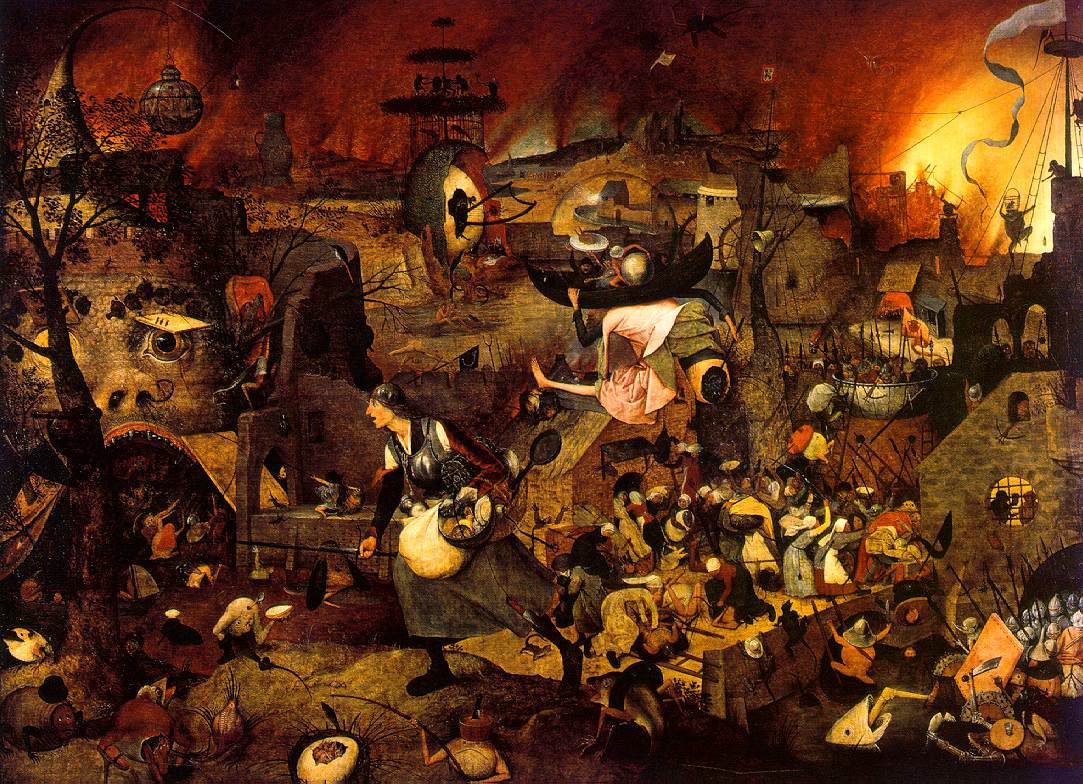An iconographic and text archive related to communication, technology and art.
The elements are now reversed. It is no longer the end of time and of the world which will show retrospectively that men were mad not to have been prepared for them; it is the tide of madness, its secret invasion, that shows that the world is near its final catastrophe; it is man’s insanity that invokes and makes necessary the world’s end.
☛ Madness and Civilization: A History of Insanity in the Age of Reason by Michel Foucault, tr. by Richard Howard, Routledge (2nd edition), 2001, p. 14)
And here’s the original French version:
Les éléments sont maintenant inversés. Ce n’est plus la fin des temps et du monde qui montrera rétrospectivement que les hommes étaient fous de ne point s’en préoccuper; c’est la montée de la folie, sa sourde invasion qui indique que le monde est proche de sa dernière catastrophe; c’est la démence des hommes qui l’appelle et la rend nécessaire. (FOUCAULT, Michel, [1961] 1972, Histoire de la folie à l’âge classique, Paris: Gallimard, coll. Tel, p. 27)
Browse more entries related to madness.

- By Philippe Theophanidis
- on
- ― Published in Art, Communication
- Tagged: Bruegel, catastrophe, civilization, destruction, end, Foucault, insanity, madness, world
